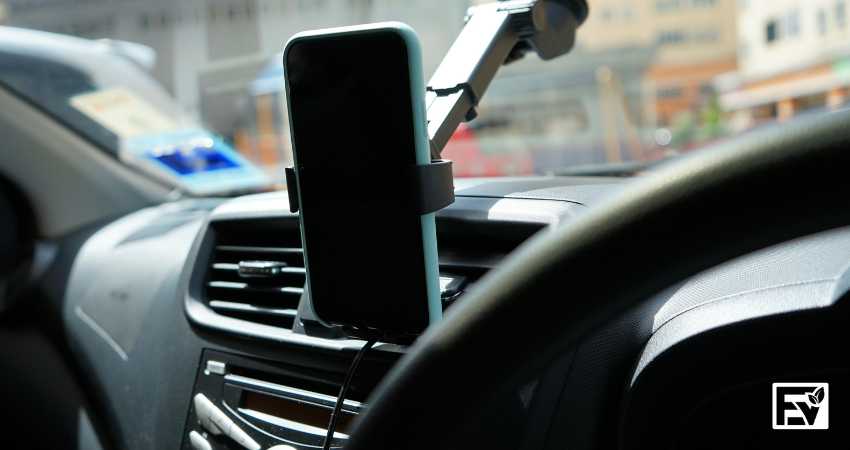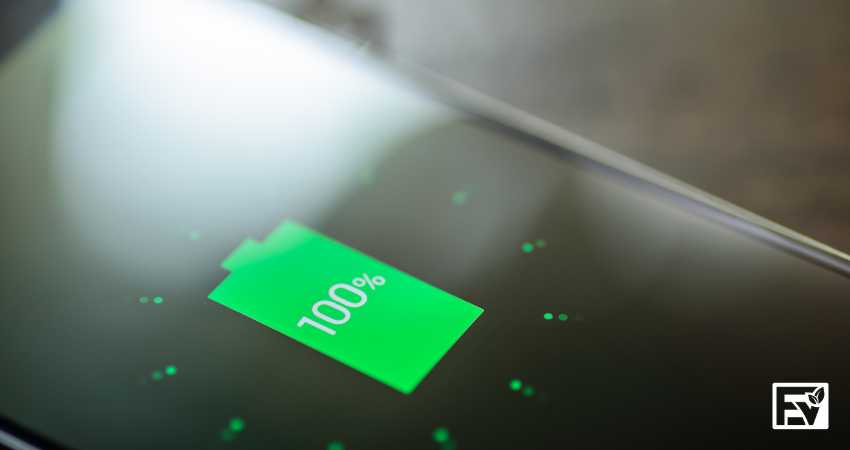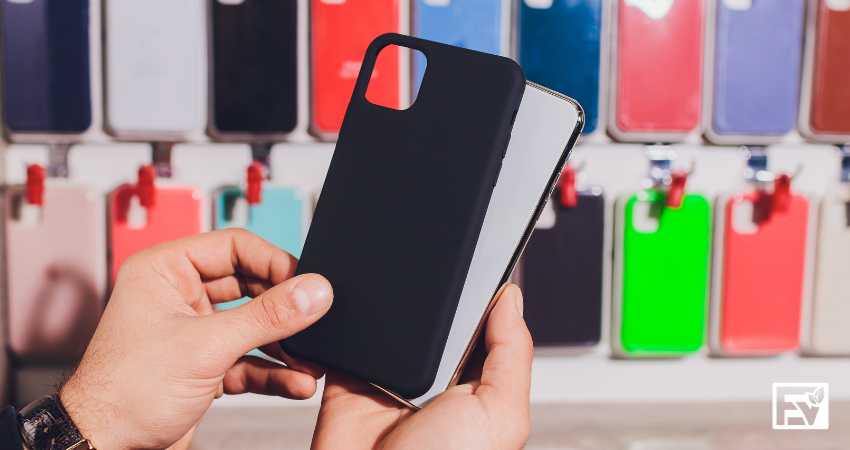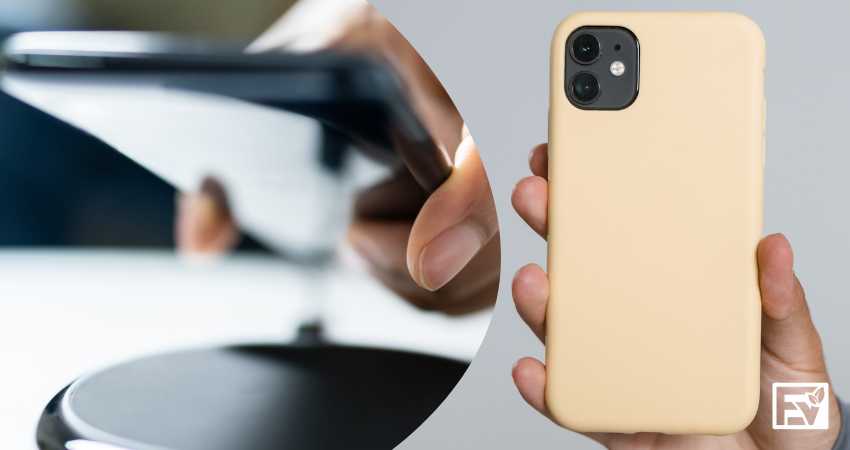Wireless charging is among the latest trends in the world of smartphones. They are convenient, free of shock hazards, and have a very innovative design. But if you are even familiar with their working principle, you would give them a second thought with a magnetic case mounted on your phone. Can you do so? How about charging a smartphone wirelessly in your electric car?
Generally, a magnetic phone case blocks the direct contact between the coils in the charging pad and the back of the phone. Unlike plastic cases that cover the phone, magnetic ones stick to the coils on the back of a phone, keeping them too “busy” to work properly with charging pads.
Magnetic Phone Case and Wireless Charging: Explained

Wireless charging, aka inductive charging, works with the help of electromagnetic coils inside the phone and the charging pad. Both coils work as antennae—one transmits the energy while the other receives it. The idea is based on the simple principle of resonant-inductive coupling used by Nikola Tesla in the late 1800s. However, this basic idea has come a long way this time: it is faster, more reliable, and being implemented not just in smartphones.
It happens in two ways: the interference of the extra magnet in between and the eclipsing of coils by the case. Since magnetic fields are sophistically operating throughout the charging process, any additional magnet can hamper the strength of such fields. Apple also suggests avoiding such cases while opting for wireless charging. Similarly, the coils must face each other directly and be perfectly aligned. The direct connection will not be established if there is enough material.
Do Magnetic Phone Cases With Added Support for Wireless Charging Exist?
No. Truly magnetic phone cases with support for wireless charging do not exist. The closest possibility of such items is metal-laden covers. Such accessories do not interfere with the electromagnetic rays nor completely obscure the coils to prevent a direct connection. Their purpose is to mount the phone firmly on the charging pad without having to remove them.
A good example can be that of the Molzar MAG Series phone cases. These cases have a built-in metal plate under the leather cover, making sticking with the coils easy.
Is Wireless Charging Safe for Your Phone’s Battery?
Yes, wireless charging is safe and does not harm the battery more than the traditional wire-plug method. At most, it is just a myth that this way of replenishing your phone’s battery will make it degrade faster. In truth, regardless of what type of charging method you opt for, lithium-ion batteries in smartphones are bound to degrade over a certain period.

Such batteries only work in optimal condition for over 3 years, on average. Just as in the case of EV batteries, charging and discharging cycles in smartphone batteries force lithium ions in and out of the electrodes, causing the material to degrade. Whether you choose a wireless or a wider charging system, you can only employ certain tricks that can extend the battery life. These include not topping the battery up to 100% and avoiding letting it deplete below 50%.
Read: Can You Add More Batteries to an Electric Car? Why Not? Explained
Does a Magnetic Phone Case Affect Wireless Charging in Cars?
Yes. Unfortunately, a magnetic phone case can affect wireless charging even when used in a car for the aforementioned reasons. Even if you power your device with its traditional charger or car mount charger, it will not be smooth if your phone is wrapped in a magnetic case.
If you still want to charge your smartphone wirelessly and with the case, you should either remove the case or buy a compatible one, as discussed above. Moreover, you should stick to the recommended options. For instance, if you drive a Tesla, you should opt for its own Qi charger rather than buying a separate mount.

| Caution!
If you charge your phone wirelessly in your car, doing it through a magnetic cover is not a good idea, even if it somehow works. Due to the indirect contact between the coils of the phone and the charger, the grip will not be strong enough. If you apply hard brakes, the phone could be sent flying in the cabin, increasing the chances of injuries and damage. |
Does the Magnet in EV Motors Affect Wireless Charging?
No, unlike the magnet in phone cases, the magnets in the AC motors of electric cars do not affect the wireless charging process in any way. There is a couple of reasons behind that, namely:
- Motor magnets are not placed between the coils of the phone and the charger. Since there is a direct connection between the two coils, wireless charging goes smoothly and at a desirable rate.
- EV motor magnets are far away from the phone. Moreover, though they produce some electromagnetic signals that can interfere with electronics and other devices, they are so sophisticatedly designed to do so.
- The presence of any magnet nearby does not affect the capability of a smartphone to charge itself wirelessly.
Also, some sources state that magnets are bad for smartphones. These include that they harm the screen, memory, speakers, etc. However, the latest research does not confirm that and thus can be safely carried in EVs that have large magnets in their AC motors. The reason lies in the fact that a smartphone’s components are not magnetic in nature. Take memory, for instance. Apple iPhones use NAND flash memory. It does not have any magnetic or moveable devices. Hence, it stands immune to magnetic fields.
Concluding Remarks: Does a Magnetic Phone Case Affect Wireless Charging?
Yes. Regretfully, magnetic phone cases mess with the wireless charging mechanism by interfering with the electromagnetic waves or obscuring the connection between the coils. For charging your smartphone wirelessly, you need to opt for cases of a different type. And know there is no harm in wirelessly charging your phone in an EV—Tesla has already begun equipping its cars with built-in wireless chargers!


